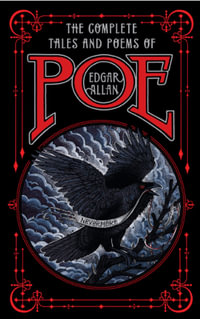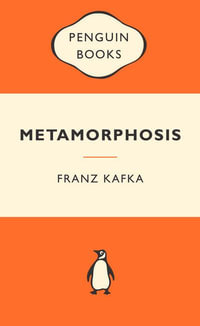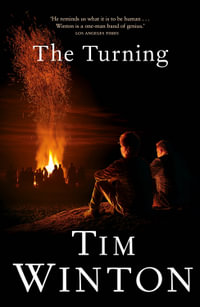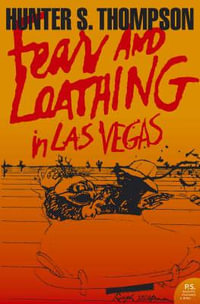This new collection of more than seventy stories by the iconic modern writer Robert Walser, includes stories that have appeared in Harper's Magazine, n+1 online, Vice, and elsewhere. Also included is the complete "Fritz Kocher's Essays," the "collected works," so to speak, of a boy who died young, consisting entirely of classroom writing assignments on themes such as "Music," "Christmas," and "The Fatherland." As the opening title sequence of Walser's first book, this was a brilliant way to frame and introduce his unique voice, oscillating wildly as it does between naïveté (the ludicrous teacher wearing "high boots, as though just returning from the Battle of Austerlitz"), faux-naïveté, and faux-faux-naïveté ("Factories and the areas around them do not look nice. I don't understand how anyone can be around such unclean things. All the poor people work in the factories, maybe to punish them for being so poor").
Fritz Kocher's Essays and Other Stories is centered around schoolboy life-the subject of his greatest novel, Jakob von Gunten-and dispatches from the edge of the writer's life, as Walser's modest, extravagant, careening narrators lash out at uncomprehending editors, overly solicitous publishers, and disdainers of Odol mouthwash. There are vignettes that swoon over the innocent beauties of the Swiss landscape, but from sexual adventures on a train, to dissecting an adulterous love triangle by "wading knee-deep into what is generally called the Danish or psychological novel," to three stories about Walser's service in the Swiss military during World War I, the collection has an unexpected range of subject matter.
Because Walser's stories have been translated into English in the form of selected volumes, and because of his reputation as a quasi-outsider artist, it has been all but impossible for English-language readers to appreciate that he was a professional writer publishing ten books of stories during his active career. By giving tables of contents for all ten books and indexing the stories' appearances in the various English collections, the afterword provides a valuable resource for Walser's many English-language readers.
Industry Reviews
'ostensibly simple stories beneath which we sense unresolved contradictions heralding war, modernity and the end of simple stories' Irish Times 'Walser's affection for the marginalized shines through: a splendid complement to the similarly thematic Berlin Stories' Times Literary Supplement 'Few writers have perfected the deliberately vague and the joy of seeing the everyday for the first time quite as brilliantly as ... Walser does in this lively collection of short stories.' Irish Times 'If ever a writer deserved the cliche that they have a voice all of their own, it's Walser ... his style is strange but wholly accessible and full of charm' Metro "Everyone who reads Walser falls in love with him." Nicholas Lezard, The Guardian "A Paul Klee in prose, a good-humored, sweet Beckett, Walser is a truly wonderful, heartbreaking writer. In Walser's fictions one is always inside a head, but this universe- and this despair-is anything but solipsistic. It is charged with compassion: awareness of the creatureliness of life, of the fellowship of sadness." Susan Sontag " Was Walser a great writer? If one is reluctant to call him great, said Canetti, that is only because nothing could be more alien to him than greatness." J. M. Coetzee, The New York Review of Books "Robert Walser moves me more and more... He is truthful without making a frontal attack on the truth, he becomes truth by walking around it." Elias Canetti "To his eye, everything is equal; to his heart, everything is fresh and astonishing; to his mind, everything presents a pleasant puzzle. Diversion is his principal direction, whim his master, the serendipitous substance of his daily routine." William Gass "If he had a hundred thousand readers, the world would be a better place." Hermann Hesse "The magnificently humble. The enormously small. The meaningfully ridiculous. Robert Walser's work often reads like a dazzling answer to the question, How immense can modesty be? If Emily Dickinson made cathedrals of em dashes and capital letters and the angle of winter light, Walser accomplishes the feat with, well, ladies' feet and trousers, and little emotive words like joy, uncapitalized." Rivka Galchen, Harper's Magazine "A writer of considerable wit, talent and originality...recognized by such impressive contemporaries as Kafka, Brod, Hesse and Musil...[and] primarily known to German literary scholars and to English readers lucky enough to have discovered [his work]...[Walser's tales] are to be read slowly and savored...[and] are filled with lovely and disturbing moments that will stay with the reader for some time to come." Ronald De Feo, The New York Times "A clairvoyant of the small." W. G. Sebald "The incredible shrinking writer is a major twentieth-century prose artist who, for all that the modern world seems to have passed him by, fulfills the modern criterion: he sounds like nobody else." Benjamin Kunkel, The New Yorker
























